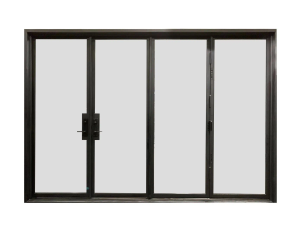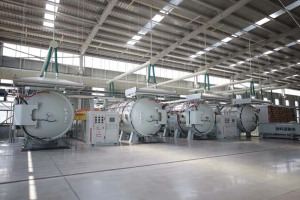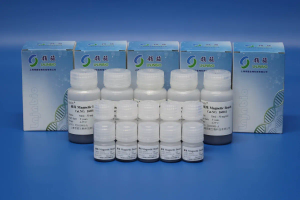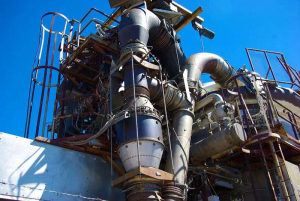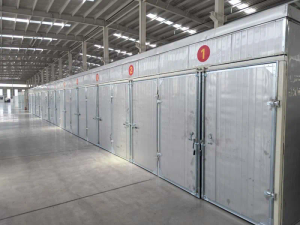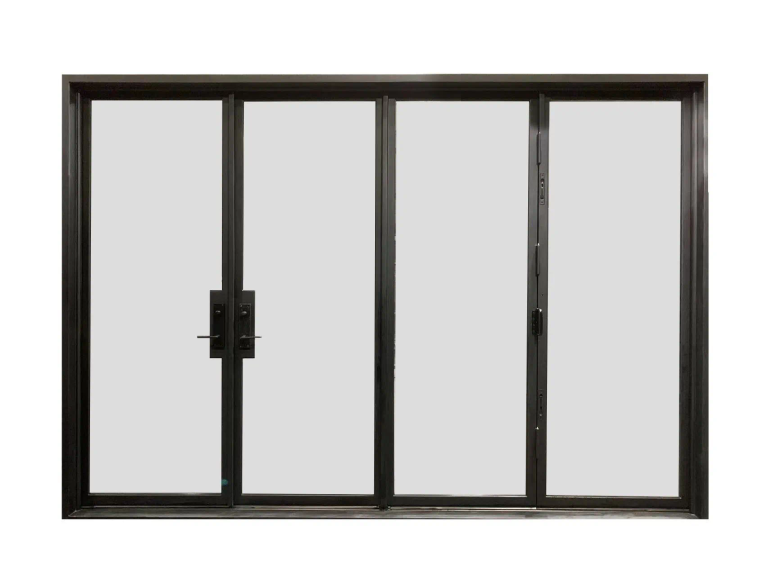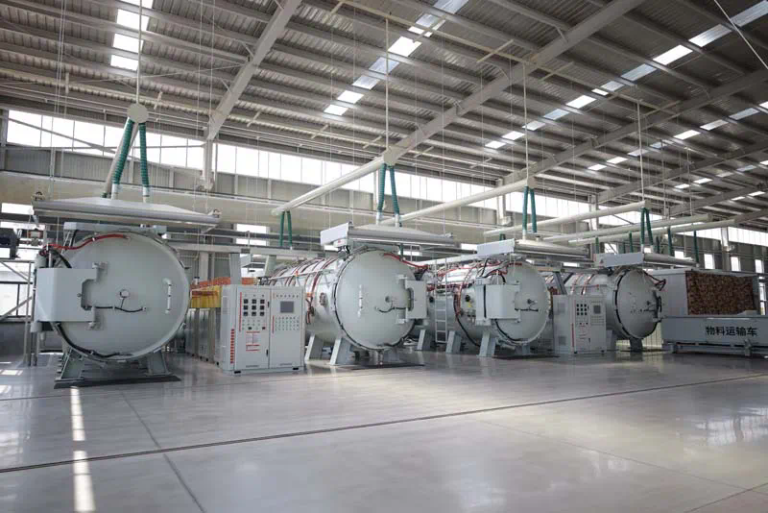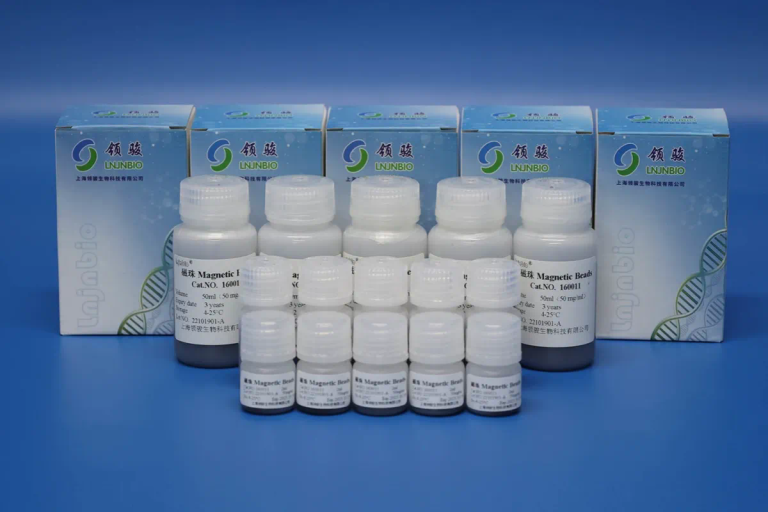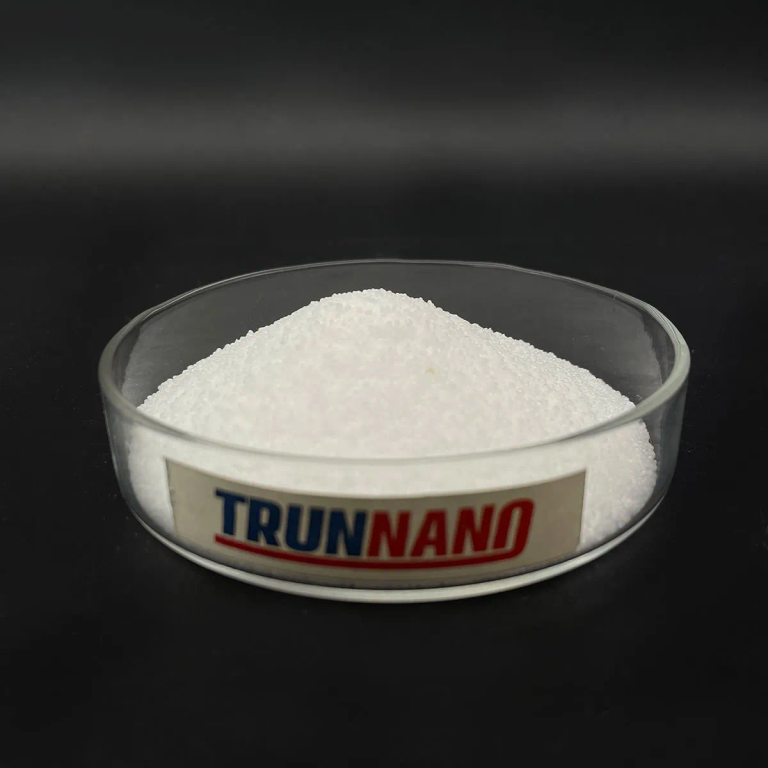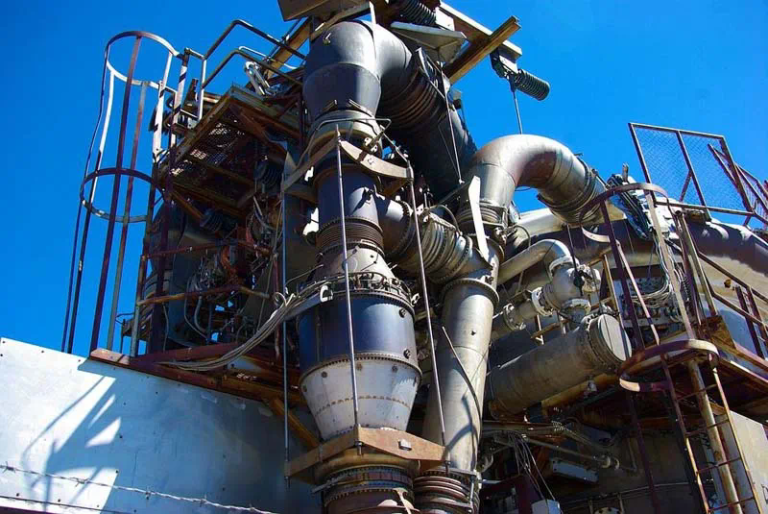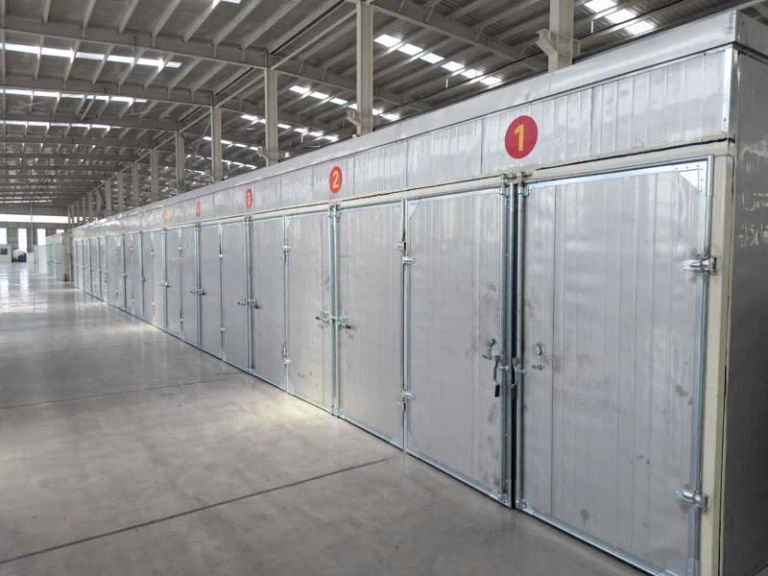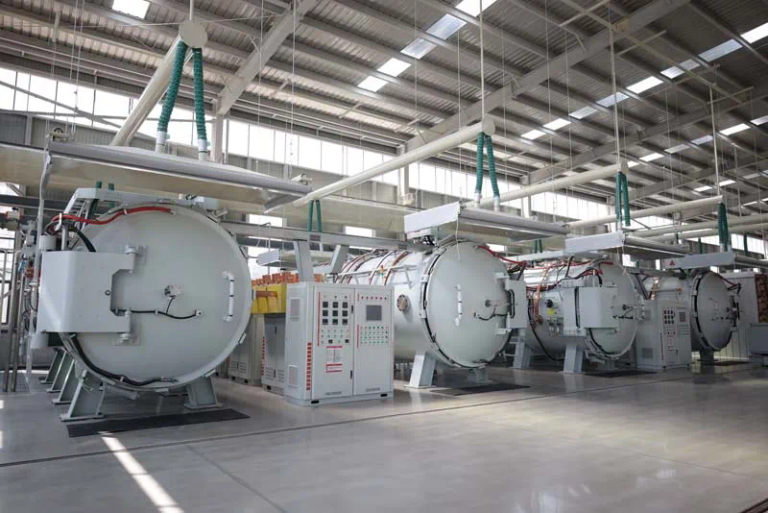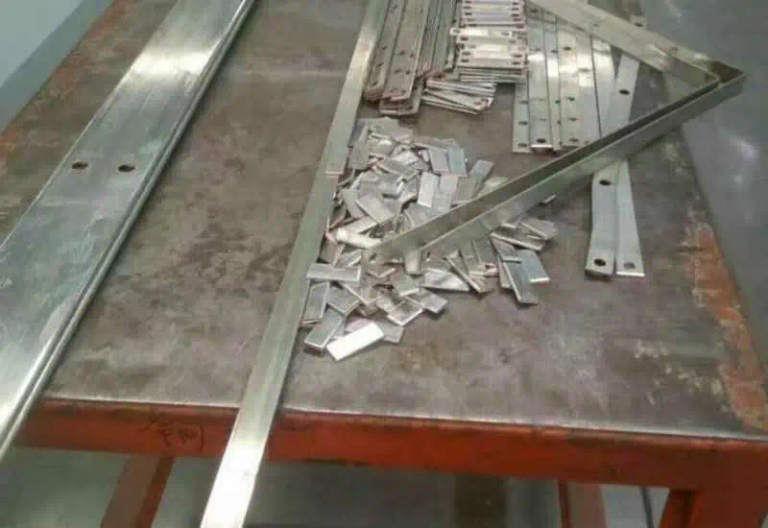Introduction
Bearings are crucial components in various mechanical systems, responsible for reducing friction and supporting rotational or linear motion. However, the performance of bearings is often limited by factors such as noise generation and short service life. To overcome these challenges, extensive research has been conducted to develop high-performance bearing materials that offer both low noise characteristics and extended service life. This article will delve into the latest advancements in this field.
Background
Traditional bearing materials, such as steel alloys, have served their purpose well but still face limitations in terms of noise reduction and longevity. The development of high-performance bearing materials aims to address these shortcomings. Researchers have explored a wide range of alternative materials, including ceramics, polymers, composites, and self-lubricating materials, to create bearings that exhibit superior performance attributes.
Noise Reduction in Bearing Materials
Noise generation is a significant concern in many mechanical systems. It not only affects the comfort of users but also indicates the presence of excessive friction and wear within the bearing. Researchers have investigated several approaches to design bearing materials with reduced noise emissions. One approach involves the use of advanced ceramic materials, such as silicon nitride or zirconia, which exhibit excellent mechanical properties and high wear resistance. These ceramics can significantly minimize noise generation due to their superior damping capabilities.
Another approach focuses on designing polymer-based composites with inherent noise reduction properties. By reinforcing the polymer matrix with materials like graphite or carbon fibers, researchers have successfully developed bearings with reduced vibration and noise levels. These composites offer the added benefit of light weight, making them particularly suitable for applications where weight reduction is essential.
Extended Service Life
In addition to noise reduction, researchers are striving to enhance the service life of bearings. Traditional steel bearings often suffer from issues such as fatigue, corrosion, and wear, which limit their operational lifespan. To overcome these challenges, novel materials and coatings have been developed to extend bearing longevity.
One promising solution involves the use of self-lubricating materials, such as solid lubricant-embedded polymers or coated surfaces. These materials can release lubricants continuously during operation, reducing friction and wear between the bearing components. By eliminating the need for external lubrication, self-lubricating bearings can operate at higher temperatures and in harsh environments, making them ideal for applications in industries such as aerospace and automotive.
Conclusion
The research on high-performance bearing materials with low noise and long service life has made significant progress in recent years. New materials, including advanced ceramics and polymer composites, have demonstrated superior noise reduction capabilities. Additionally, the development of self-lubricating materials has extended the service life of bearings, overcoming issues associated with traditional steel alloys. As technology continues to advance, it is expected that further breakthroughs will be made, leading to the widespread adoption of these high-performance bearing materials in various industrial applications.
In conclusion, the continued research and development in this field are crucial to improving the overall efficiency and reliability of mechanical systems, ensuring smooth and quiet operation while prolonging the service life of bearings.
